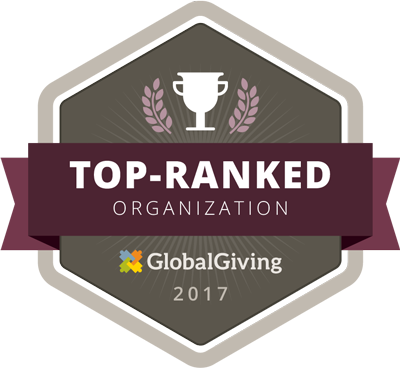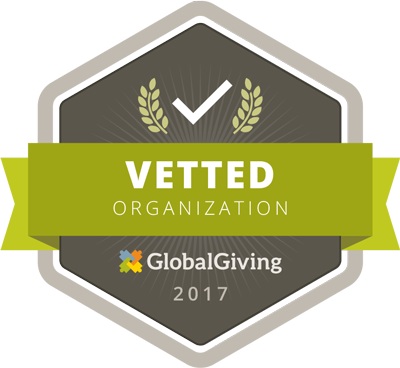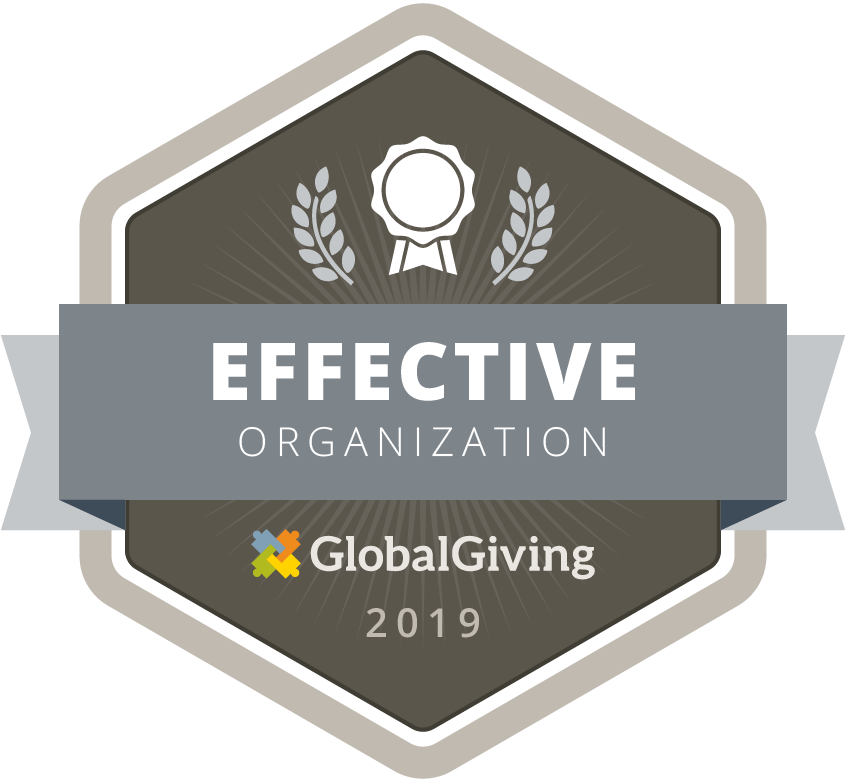Director Holds Water Testing Workshop In Guatemala
Director Tom Carter and wife Susan have just completed a two week project in Guatemala teaching water testing and demonstrating various ways to purify water. Coordinating with two other organizations in the area, Medical Teams International and Food for the Hungry, they worked in the central highlands region of Alta Verapaz centered in the town of Cobán, Guatemala. The purpose of the project was to train local NGO organizations in the use of the Portable Microbiology Laboratory, developed to detect e Coli contamination in drinking water. It's a two part test using materials developed in the food processing industry and adapted to water testing by Dr. Robert Metcalf. This is the method recommended by the World health Organization for testing drinking water. Over thirty people attended a two day workshop held there in Cobán on water testing. They represented various non profit organizations working in Guatemala as well as local community leaders. They learned about how bacteria grow and multiply and how they infect humans. They also learned how e. Coli can serve as an indicator species for fecal contamination. e. Coli are long lived and are relatively easy to detect so their presence in water is a good indication that the water is contaminated and unsafe to drink. Next, the attendees practiced the techniques necessary to test water using the Portable Microbiology Laboratory. They learned to pipet accurately with sterile technique to avoid false contamination of the specimens, then they tested the various water samples they had brought with them. To develop correctly the tests must be then incubated at body temperature for up to 24 hours by keeping the samples close to their bodies for heat. In the afternoon, Susan Carter led a workshop on construction of solar reflecting ovens. These simple stoves can easily heat water to temperatures adequate to Pasteurize it and make it safe to drink. The inexpensive stoves are made from cardboard with aluminum foil glued to the surface using white glue. The participants formed small groups and constructed 6 – 8 stoves using materials provided. The stoves were then left to dry over night. Friday morning the plan was to try out the solar stoves the groups had made to cook something for lunch, however they awoke to a torrential downpour that flooded out everything. The area where the workshop was held is known for its mist and rain, a cloud forest environment, so the rain wasn't that unusual, but badly timed. Solar stoves probably will not be as useful to the people here as in other climates, but it is still important to introduce the concept. People locally are quite aware of the cost of firewood and the deforestation wood burning causes. Instead of the solar stoves, the groups learned about other ways to make water safe to drink. These included SODIS, solar disinfection using the UV light in sunlight, and various types of water filters. Then they saw a demonstration of a “rocket stove” , a simple stove made from a large can and some stovepipe. It burns “biomass” or waste fuel like sticks, corn cobs, wood shavings and so on, thus conserving firewood. The flame from this stove is quite intense and can heat water to boiling in just a few minutes, but is insulated with wood ashes and thus greatly reduces the risk of burns. The program organizers quickly cooked a small demonstration meal on the stove to illustrate how useful it is. The concluding and most important part of the program was the examination of the results of the tests that the participants had started the day before. Though simple, it is important that the results be accurately interpreted. A mistake in interpretation could easily lead to a false and harmful result for people. The participants took their new responsibility very seriously however and the group carefully reviewed the guidelines for determination of the results. Each person individually examined their specimens with Tom Carter and discussed their interpretation. The results were then tabulated for the group as a whole. Of the nearly 20 different samples set up, nearly half showed serious contamination, and were a cause for concern for the participants. Concluding the workshop, the different organizations represented received Portable Microbiology Laboratories to take with them and use to test water samples as part of their work. The participants were enthusiastic and eager to use their new skills to assist the people with whom they were working. In all, Director Tom Carter and his wife Susan felt very satisfied with the outcome of their training. After the workshop ended they spent the following week visiting small communities in the area and demonstrating simple hand washing techniques, use of the solar stove the the WAPI water Pasteurization indicator, and showing how to build small “rocket stoves”. This was an interesting time for them to see the enthusiastic response of the people to these stoves. Tom and Susan look forward to returning in the future and offering a similar program.





.png)
